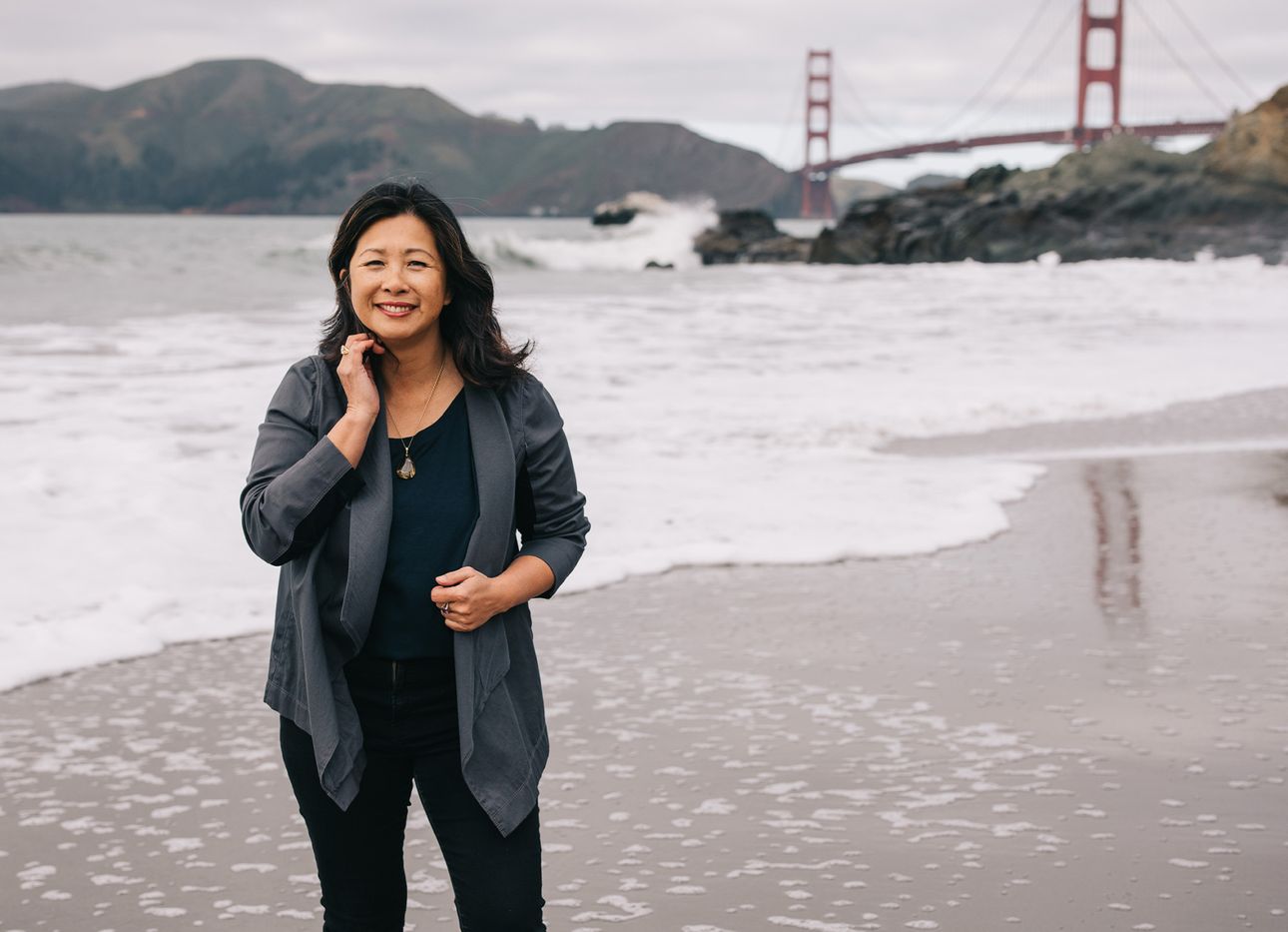
A San Francisco Perfumer’s Campaign to Decolonize Scent
San Francisco–based perfumer Yosh Han is sense-driven. In addition to her own perfume line, Yosh, she is a sommelier, has served as a tasting judge in chocolate competitions, and even runs a thriving aura-reading practice. Throughout her nearly three decades in the fragrance industry, Han has traveled the world, deepening her knowledge of scented materials and their sources.
Han is also the founder of Scent Festival, a digital platform she launched at the start of the pandemic to bring scent education, and a sense of community, into people’s homes. The project’s programming began as an online extension of the conversations around fragrances and ideas she had been hosting for her fellow perfumers in California, but the social, economic, and cultural effects of Covid-19, along with mass calls for social-justice reform, prompted Han to reorient Scent Festival to focus on perfume’s relationship to the political and cultural issues of the moment. A major part of that effort is the Decolonize Scent initiative, a multi-pronged campaign that offers resources on the history and connections between scent and xenophobia, and how to get involved in enacting change.
Here, Han describes some of the ways in which she has encountered Eurocentric narratives in the perfume industry. She also talks about how she’s working to highlight underrepresented scent-makers, educate the public about colonial histories of perfume, and put pressure on the fragrance industry to change the racist language traditionally used to describe certain scents.
“I started my perfume career in the nineties working at a perfumery, and being told that all the best fragrances come from France. In the early 2000s, when I started my business, the programming was, ‘You have to go to Grasse.’ At the time, a lot of the perfume schools in France only taught in French. I took French in high school, but not enough to change my life and move to France and take classes in perfumery. So I learned from people who learned in France.
As my career moved forward, I got distribution in Europe. I went there, and it was such a different game. In America, we had perfumes that were considered successes, but in Europe, American perfumes and brands were always seen as second-rate. It goes without saying there was no mention of Asian perfumes, and no awareness of things coming from Africa, except for Arab oils. These were always seen as secondary, as ‘ethnic.’ There was this constant narrative that you weren’t good enough unless you’re French.
I was always thinking, What am I, chopped liver? Plus, I had a lot of friends back home who were like me. In California, I was hosting perfume breakfasts for other independent perfumers, and we were doing things in our own way. I was always creating an atmosphere and safe space for other people like me, where we could build community.
When Covid happened, as an outgrowth of this work I’d been doing for a long time, I decided to create Scent Festival—and have these conversations over Instagram Live, and do programming on Zoom. That first year, in 2020, we had more than sixty digital events.
When the Movement for Black Lives started that summer, there was this article in a magazine that basically said there are only two Black perfumers in the whole industry. And I was pissed. I was pissed! I can’t believe that article went to print. I’ve never been so livid. It was unacceptable.
So I made it my mission to elevate Black perfumers. Scent Festival shifted to focus on finding and sharing the microphone with them. In 2021, where there was a rise in Asian hate, I shifted my focus to Asian perfumers. Many of them are working for big French houses, but we still don’t know their names in the ways we know the French perfume names.
Then I started wondering, Why are we still using the word oriental to describe a certain family of fragrances? In the beginning, people in prominent leadership positions at these huge institutions were writing to me, saying, ‘No one’s gonna change that word. Why don’t you pipe down?’ At the same time, many American perfumers and bloggers said to me, ‘I’m an ally. What do you want me to do? You want me to change it on my website? Done.’
In my own work around decolonizing my understanding of scent, I’ve turned to other perfumers who are doing more activist work. I’m also learning about how to be an activist. I had to decolonize my own mind. Perfumer and olfactive writer Dana El Masri was instrumental in helping me understand this. There’s a great book called The Smell of Risk, which connects odor to structural inequality. The Institute for Art and Olfaction has an ongoing program series called Scent and Society, launched in 2018, that focuses on unlearning the Eurocentric narrative of perfumery by presenting research and practices from around the world. Perfumer and researcher Nuri McBride is the one who put it in my mind that the idea of modern European perfumery is actually a form of cultural appropriation from the Middle East.
All of this learning and unlearning made me start a petition saying we should reclassify the words oriental and floriential as other terms, such as amber, for that fragrance family. Through meeting these incredible people, through learning from them, I began to see how scent cultures are not monolithic, but beautifully specific.”